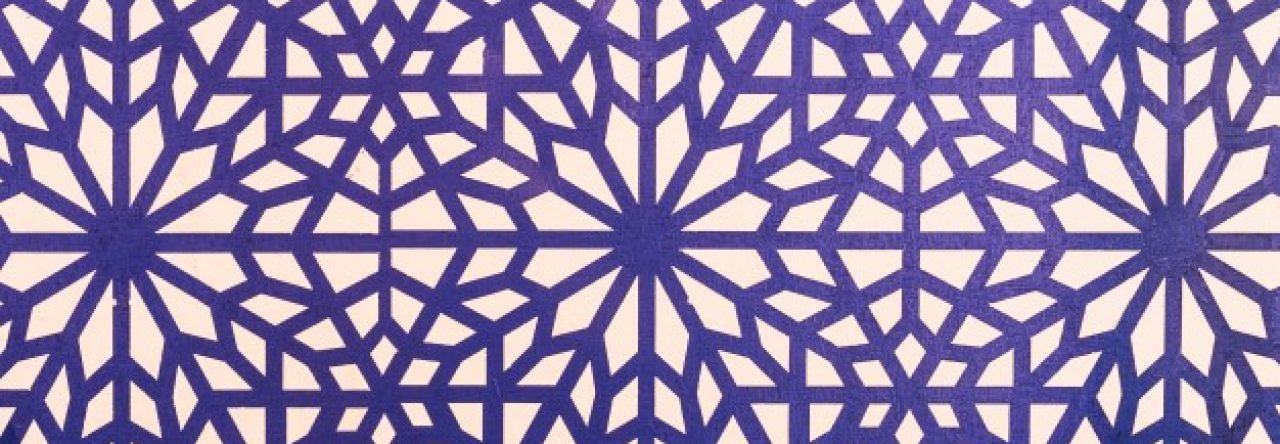Arabic Hebrew night gives me sense of the larger Middle Eastern studies community, which encourages me to persist through my studies. At Arabic Hebrew night I’m reminded of the culture of community and fellowship that lies beyond the Arabic language, part of which makes it so irresistible to learn! – Maria Luisa Frasson-Nori, 2018
Arabic and Hebrew are incredibly similar languages with cultural heritages that are also intertwined. I have happily hosted Arabic-Hebrew Night it in the past because I have always thought of the two languages as part of a big, squabble-prone family where it is equally important to pay serious attention to issues of strife as to the actual substance of Arabic and Hebrew culture. By ensuring that students remember that the Middle East is not one ethnic group, one religion, or one narrative, we can avoid all orientalist understandings of the region and its denizens.—Josh Curtis, 2019
I think Arabic Hebrew Night is a great time where students in both departments get to come together and see what each has learned. It’s really cool seeing the looks of confusion and revelation dawn on students faces as they realize that the two languages really aren’t that different and have a similar, yet unique beauty about them. – Morghan Cyr, 2020
